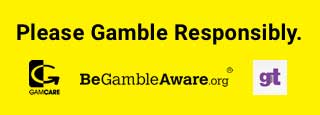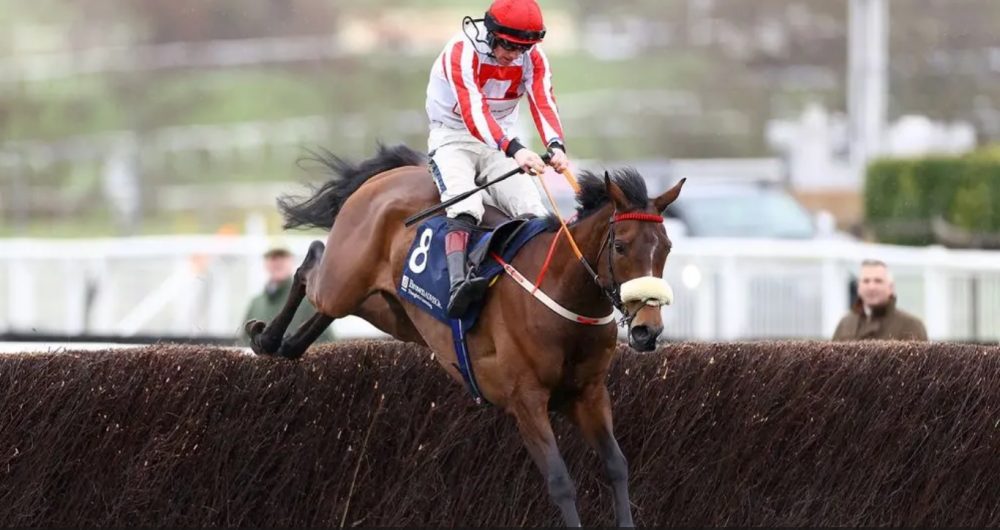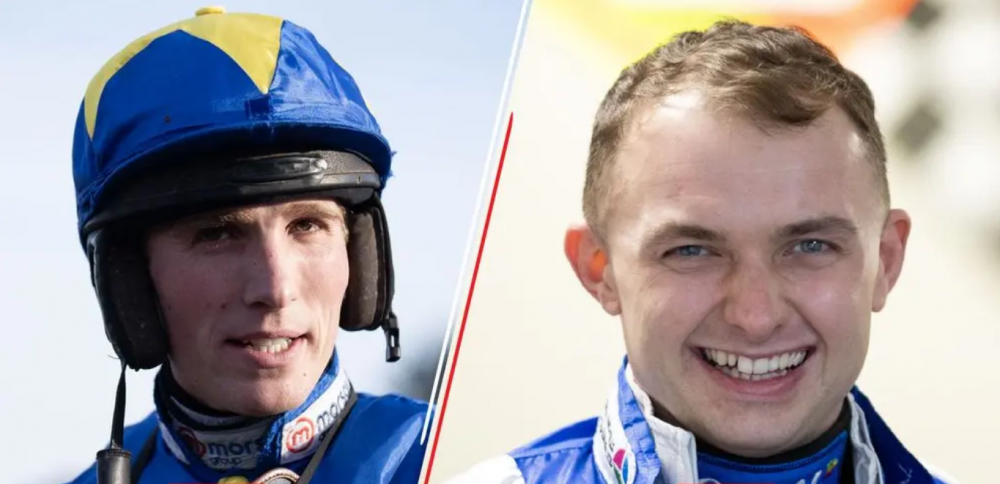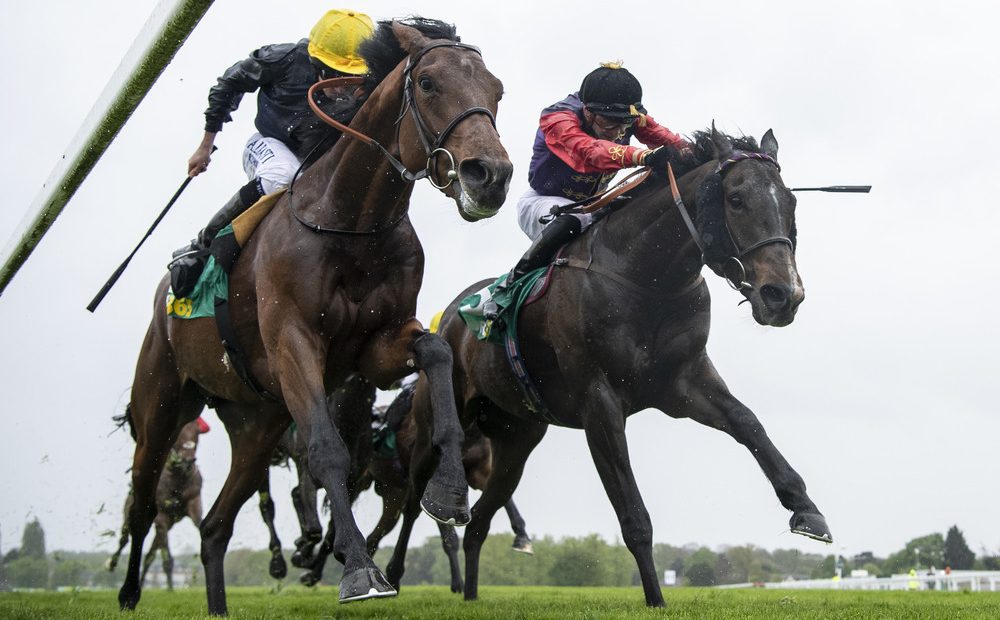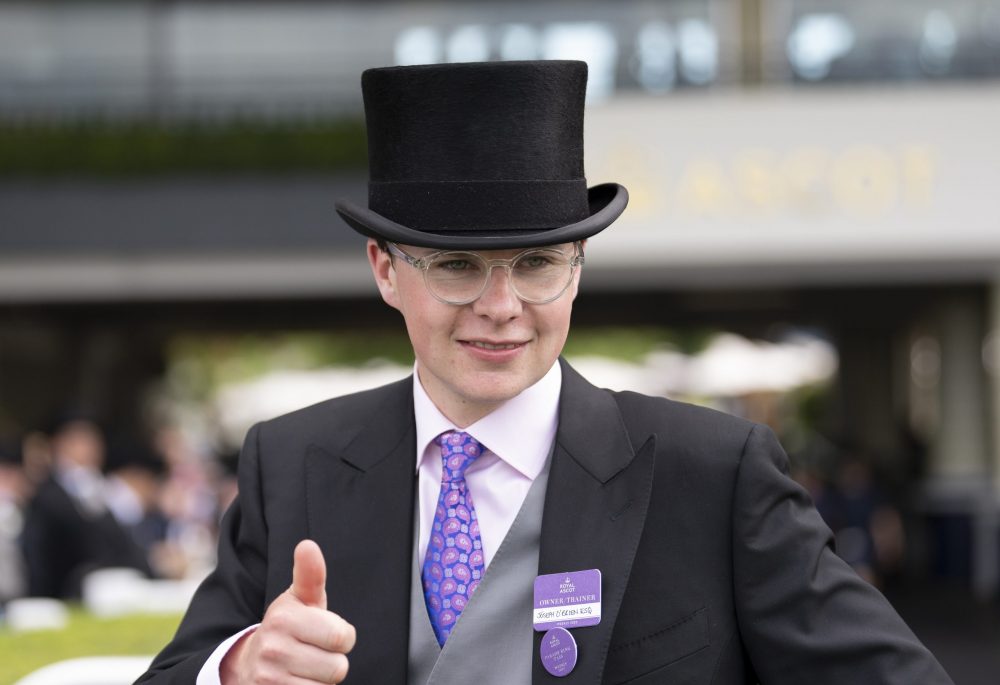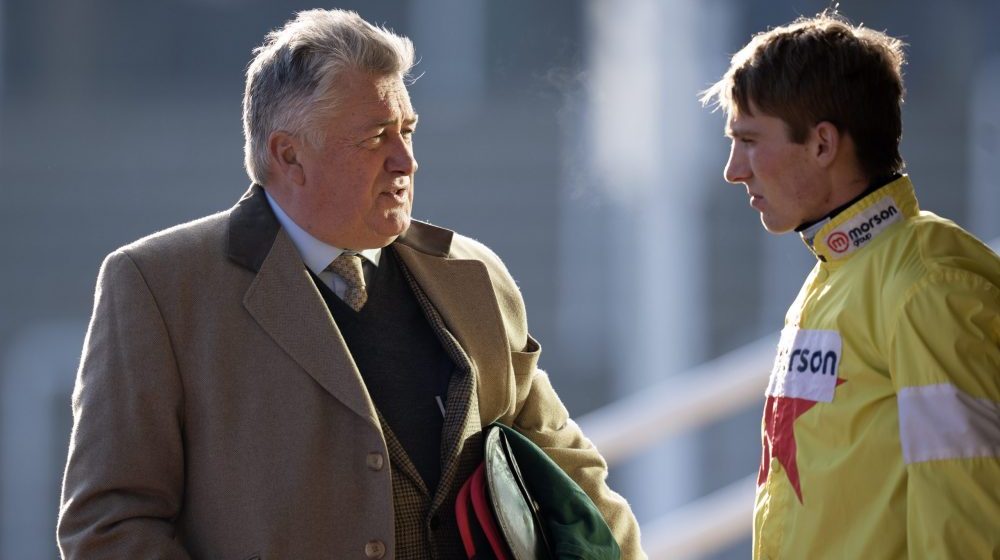
The Race To End The Stigmata

Saturday 27th January is shaping up to be one of the most emotional days in racing for a long time. A year since Many Clouds gave all he had and more to beat Thistlecrack, it will also see Beer Goggles head to post for the Cleeve Hurdle. News broke on Tuesday that Beer Goggles’ trainer Richard Woollacott had passed away at the age of 40. A statement from his wife Kayley released through the Injured Jockeys Fund yesterday said “Sadly, after battling with it for many years, he lost his life to mental illness.”
Beer Goggles had given the up and coming trainer his biggest success when landing the Grade 2 Long Distance Hurdle in December, less than eight months after Lalor had scored in a Grade 2 Bumper at the Aintree Festival for him. The tragic truth is that mental illness doesn’t discriminate, rich or poor, successful or not, Kieren Fallon is testament to that. Six champion jockey titles and sixteen British Classic wins were not enough for him to overcome his personal demons.
Allegations of race fixing saw him suffer from profound depression and he is far from the only jockey to suffer. Leighton Aspell retired in 2007 before returning for a pair of Grand National wins. Graham Lee, Daryl Jacob, Mark Enright among others have all battled through a disease that so few still fully understand. Being a jockey is hard, that is abundantly clear. Any person willing to put their body on the line riding an animal at 35-40mph deserve the utmost respect. Trainers and stable staff work tirelessly, this is no nine to five shift, there is significant strain across the industry just keeping the show on the road.
The physical side of the sport however has nothing on the mental side. The motivation a “journeyman jockey” has, to get up at 5am, drive from Lambourn to Sedgefield for a single 100/1 ride in a novice chase, only to be deposited unceremoniously to the turf at the second fence is immense, but it takes a toll. The rise of social media adds significantly to the mental strain of a jockey, not only do they have to pick themselves up, they head back to the weighing room, turn on the phone to find that their horse wasn’t the only one to give them a kicking.
Nobody likes losing money, racing can be a frustrating sport for all involved, but no more so than for the jockeys and trainers who are under microscopic inspection every single time they run a horse or take a ride. With the camera views on offer, it is all too easy to sit at home, with the full picture of what is happening to spot where a jockey should be manoeuvring, to say a trainer should’ve run elsewhere in hindsight. The view of a race could not be more different hunched behind the neck of half a tonne of thoroughbred travelling at thirty five miles per hour.
We are all guilty of it, that split second frustration where without thinking we speak or type without any mental filter. That split second to us can chip away at the confidence of those it is aimed at. Aubrey McMahon may not be a household name to many, but his win at Galway last summer was huge for a man who was driven away from the sport after criticism on social media. None of us are aware of the internal demons each of us are battling, we try on our social media not to beat up on jockeys or trainers when they are down but even we are guilty of it from time to time.
In a society where the phrase “man up” is bandied around like the sagest of advice, we need to remove this perception that this is a weakness. There is help out there for those who want it, but asking for it is the toughest and bravest thing that a person can do. This is a very personal thing to write and massively important to me, having had more than my fair share of battling with personal demons. It’s such a hard thing to explain to someone who doesn’t understand it. Mark Enright summed it up as well as anyone, “The bad days were like having a big concrete block tied around your leg. It was impossible to get the motivation to do anything.”
There are days when getting out of bed is a success, where dragging into work is a miracle, only to be greeted with an ex colleague’s pathetically unhelpful “cheer up!” It doesn’t matter how much money you have, how many qualifications you get, what car you drive or even how many Classics you win as a jockey. Those days where depression takes a hold of your mind, digging those black claws in, it’s hard to consider yourself as anything other than worthless, no matter who you are.
I’m incredibly fortunate to have a loving family around me, a wife who knows my weaknesses and can identify when the dark clouds are forming. Not everyone out there is as lucky, some have those people but are too afraid to ask for help, worse still are those who have no family and consider themselves truly alone. It is all too easy to look for the worst in every situation and press that big red button that could destroy your life, but there is a light at the end of the tunnel for those brave enough to confront it.
The passing of Richard Woollacott shows just how important it is that we as a society are more open about mental health, that we are able to talk about it without judgements fifty years out of date. Anyone who is struggling, there is help out there – https://www.samaritans.org/how-we-can-help-you/contact-us.
Kayley Woollacott has set up a Just Giving page, with money split between mental health charity ‘mind’, the IJF and the Devon Air Ambulance, you can give here https://uk.virginmoneygiving.com/SomeoneSpecial/RichardWoollacott
By Matt Newman
